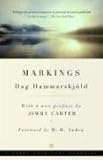Truth Is Within Ourselves
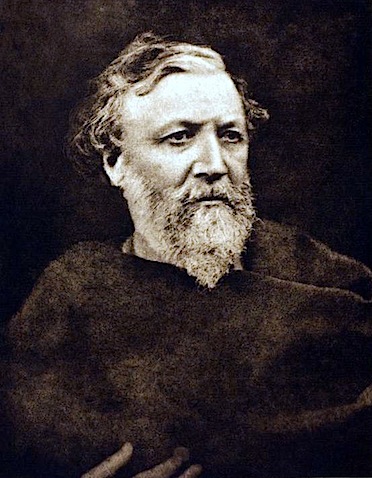
Here are a few lines from a favorite poem about the Eternal Quest:
“Truth is within ourselves; it takes no rise
From outward things, whate’er you may believe.
There is an inmost center in us all,
Where truth abides in fullness; and around,
Wall upon wall, the gross flesh hems it in,
This perfect, clear perception—which is truth.
A baffling and perverting carnal mesh
Binds it, and makes all error: and, to KNOW,
Rather consists in opening out a way
Whence the imprisoned splendor may escape,
Than in effecting entry for a light
Supposed to be without.”
–Robert Browning (English Poet, 1812-1889)

“The Paracelsus of Robert Browning” (Robert Browning, Christina Pollock Denison)
Loosening the Hold of Duality
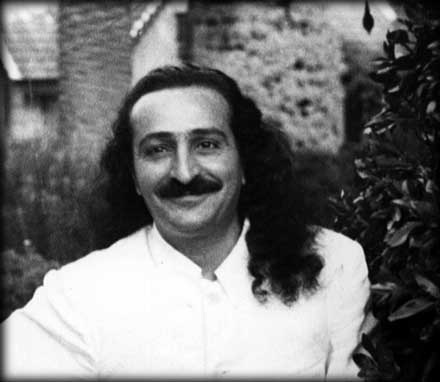
“The method for abandoning the hold which duality has on consciousness is not simple. The more comfort and pleasure available to man, the less his chance for a strong enough push to force him to give up even the temporary happiness of his achievements. And yet he must eventually do this ( internally ) to bring the full focus of consciousness to bear on the experience of the eternally inherent self or soul, with all its blissful freedom of real existence. This is why God loves most the so-called destitute and helpless.
The greater the helplessness, the greater can and should be the dependence upon God for His help, which is ever more ready than are the sincere and earnest wishes for it. The greater the bindings, the greater the chances for quick, permanent relief, through fully conscious experience of man’s own original and everlasting freedom.
The unlimited and everlasting spiritual freedom of the self or soul exists eternally and infinitely in one and all, and is equally available to every man and woman irrespective of class, creed or nationality. Spiritual freedom can and does transcend all the illusory phenomena of duality, because divine Oneness is always divine Oneness, before the beginningless beginning and beyond the endless end. Contrarily, the illusion of all material binding from first to last is always illusion, and even its illusory existence depends upon the play of the eternal spiritual freedom of the soul. It is only in spiritual freedom that one can have enduring happiness and unhampered self-knowledge. It is only in spiritual freedom that one finds the supreme certainty of truth-realization. It is only in spiritual freedom that there is a final end to sorrow and limitation. It is only in spiritual freedom that one can live for all, and yet remain detached in the midst of all activity.”
–Meher Baba (Indian Spiritual Teacher who, from July 1925 maintained Silence, 1894-1969)
Awareness of Ambiguity
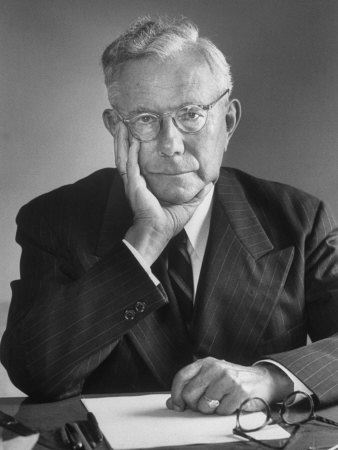
“The awareness of the ambiguity of one’s highest achievements (as well as one’s deepest failures) is a definite symptom of maturity.”
–Paul Tillich (German-born American Theologian and Philosopher, 1886-1965)
Trying to Understand
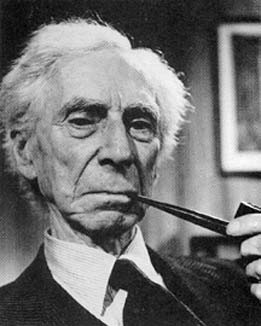
Whether or not you always agree with him, Bertrand Russell was one of the great minds of the twentieth century and it is good to see his self-evaluation. Would that we were all so candid!
“I have wished to understand the hearts of men. I have wished to know why the stars shine. And I have tried to apprehend the Pythagorean power by which number holds sway above the flux. A little of this, but not much, I have achieved.”
–Bertrand Russell (Welsh Mathematician, Philosopher, Pacifist and, in 1950, Winner of the Nobel Prize in Literature, 1872-1970)

“Bertrand Russell Bundle: Autobiography (Routledge Classics)” (Bertrand Russell)
Thought and Speech
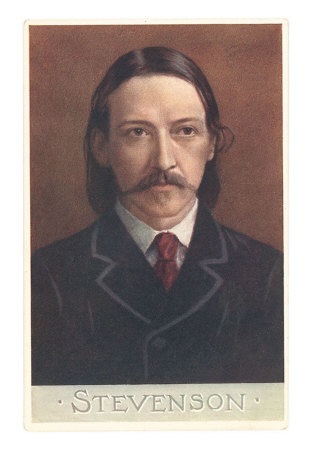
“Everyone who lives any semblance of an inner life thinks more nobly and profoundly than he speaks.”
–Robert Louis Stevenson (Scottish Writer, 1850-1894)
What Do Value Most Deeply?
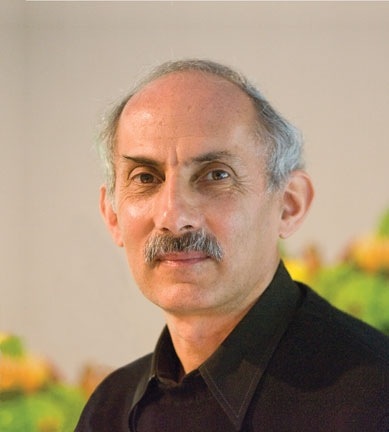
“Where do we put our time, our strength, our creativity, our love? We must look at our life without sentimentality, exaggeration, or idealism. Does what we are choosing reflect what we most deeply value?”
–Jack Kornfield (American Meditation Teacher in the Theravadan Buddhist Tradition, 1945-)
Your Brain
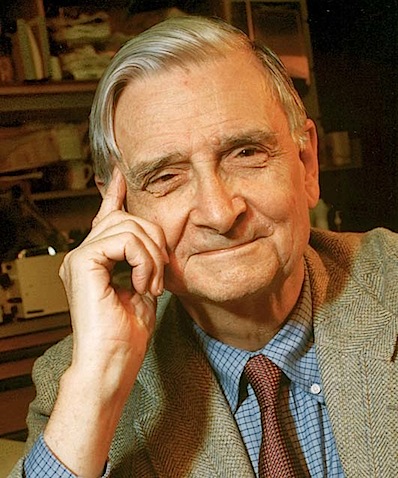
“Overall, the human brain is the most complex object known in the universe — known, that is, to itself.”
–Edward O. Wilson (American Biologist, Leading Authority on Ants, and Proponent of Sociobiology, 1929-)

“Consilience: The Unity of Knowledge” (Edward Osborne Wilson)
The Journey Inwards
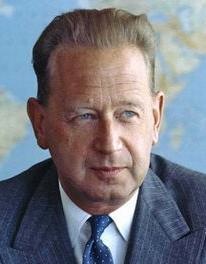
“The longest journey is the journey inwards. Of him who has chosen his destiny, Who has started upon his quest for the source of his being.”
–Dag Hammarskjöld (Swedish Statesman, Secretary-General of the United Nations from 1953-1961, and, in 1961, Winner of the Nobel Peace Prize, 1905-1961)
Self-Knowledge
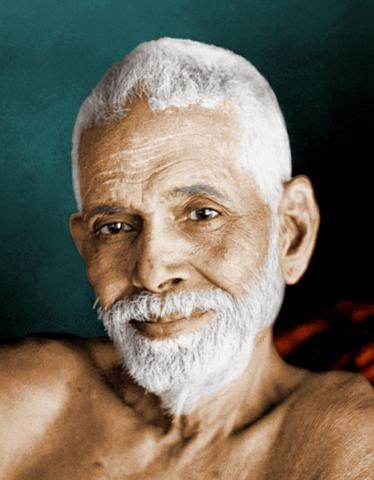
“Wanting to reform the world without discovering one’s true Self is like trying to cover the world with leather to avoid the pain of walking on stones and thorns. It is much simpler to wear shoes.”
–Ramana Maharshi (Indian Hindu Mystic and Spiritual Teacher, 1879-1950)
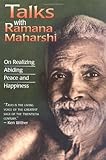
“Talks With Ramana Maharshi: On Realizing Abiding Peace and Happiness” (Ramana Maharshi)
A Worthwhile Vacation Destination

“People travel to wonder at the height of mountains, at the huge waves of the sea, at the long courses of rivers, at the vast compass of the ocean, at the circular motion of the stars, and they pass themselves by without wondering.”
–Saint Augustine of Hippo (Numidian-born Theologian, A.D.354-430)

